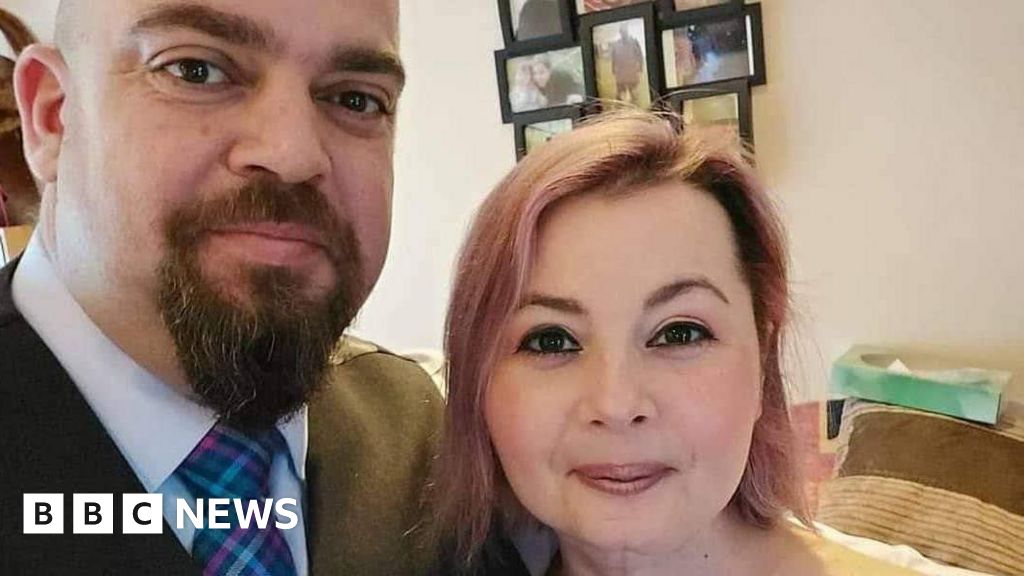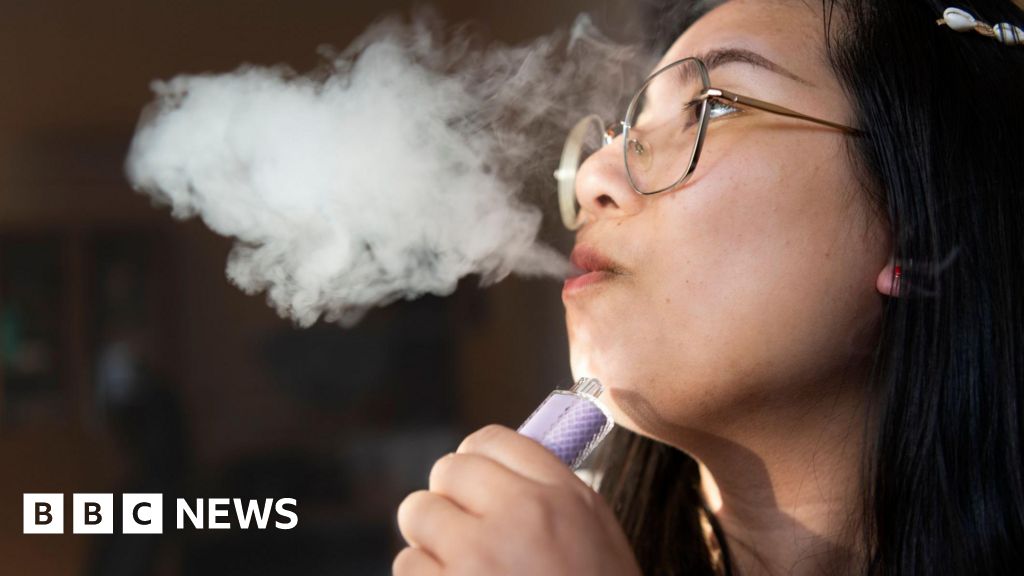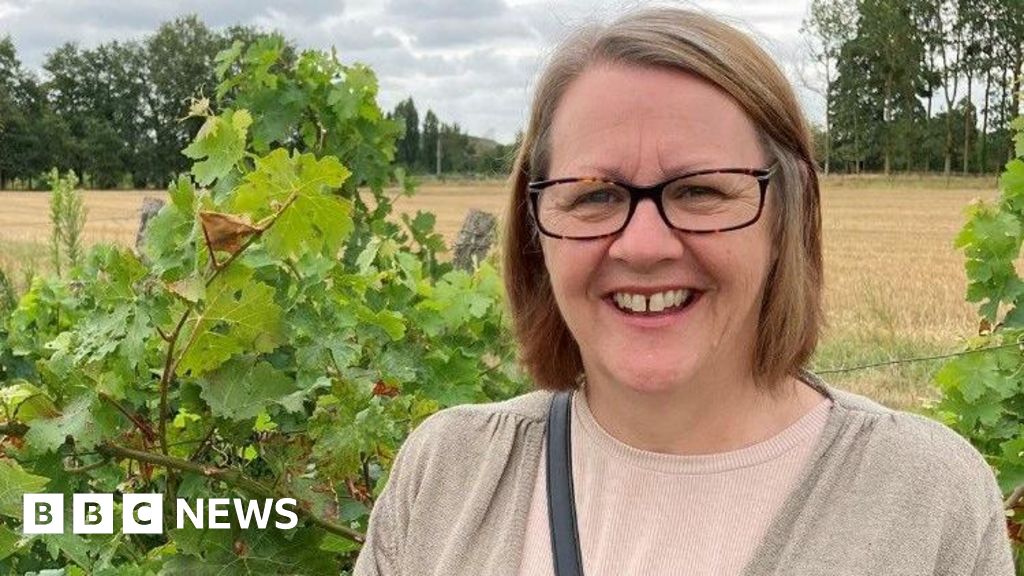ARTICLE AD BOX
By Michelle Roberts
Health editor, BBC News online
Some people across the UK have been able to form household support bubbles or extended households.
The aim is to help people who've been cut off from friends and family.
What is a support bubble?
A bubble is a group of people with whom you have close physical contact.
Bubbles must be "exclusive". Once in one, you can't start another with a different household. If you decide to change your bubble, you should treat your previous bubble as a separate household for 10 days before forming a new one.
People in a bubble can stay overnight in each other's homes, visit outdoors places together and do not have to socially distance.
How do they work in England?
In England, single adults living alone - or single parents whose children are under 18 - can form a support bubble with one other household.
The second household can be of any size and can include "at risk" people who may be shielding.
Wherever possible, the government recommends that a support bubble should be with another local household to avoid unnecessary travel. Anyone in the bubble contacted as part of England's test and trace programme must stay at home. If they develop coronavirus symptoms, everyone in the bubble must self-isolate.
The government expanded the eligibility of support bubbles in England on 2 December to help families with very young children or people with continuous care needs. This means households can form a support bubble with another household, if at least one of them has:
- a child under 1 (regardless of how many other adults are in the household)
- a child under 5 with a disability that requires continuous care (regardless of how many other adults are in the household)
- a single adult carer (living with any additional adults in the household that have a disability and need continuous care)
Childcare bubbles
As well as the support bubble rules, the government in England also has a set of rules that apply to families with children under 14 (as well as to vulnerable adults).
They can form a childcare bubble with one other household to provide informal (unpaid and unregistered) childcare. This must always be between the same two households. Childcare can be provided in either or both of the two homes.
And if you are single
- Two single people each living alone can bubble
- Someone in a houseshare could bubble - but their housemates wouldn't be allowed to form their own bubbles with other people
Full government guidelines for England are here.
What about Wales?
In Wales, during lockdown, you must not visit other households, or meet other people you do not live with, unless they are in your support bubble.
Support bubbles can be formed by:
- households where one adult lives alone
- households where one adult lives with any number of children under 18, or
- households where more than one adult lives, but one adult has caring responsibilities for all of the other adults in the home
People in the same bubble can stay in each other's homes overnight. And they can meet up in groups in some other outdoor places.
If you were part of a temporary extended household during the firebreak period, or were in one before that, you can make a new bubble, instead. However, once you have agreed and joined that new extended household, neither household can leave to form a new one.
What about Scotland?
Under the five tier system in Scotland, people who live on their own or only with children under 18 can form an extended household with people from one other household.
People in extended households are counted as one household, and so can continue to meet and socialise with each other despite general restrictions on households mixing, and can stay overnight in each other's homes.
Couples who do not live together can also form an extended household, which can include any children they each live with.
A household must not form an extended household with more than one other. However, one of them can end the arrangement at any time, and - as long as they wait at least 14 days - then form a new extended household with someone else.
If any member of an extended household develops symptoms or tests positive for Covid, everyone in the bubble must self-isolate.
What about Northern Ireland?
Two households of any size can form a support bubble.
The members can spend time indoors and stay overnight with each other.
Under the latest restrictions, these bubbles are limited to a maximum of 10 people, including children, at any one time.
What about bubbles in schools?
Before the latest lockdown, schools across the UK have been using year group and/or class bubbles to support social distancing and reduce close contact between pupils as much as possible.
Maintaining distinct groups which do not mix makes it quicker and easier when a positive case occurs to identify those who may need to self-isolate and minimise their number.

 4 years ago
220
4 years ago
220








 English (US) ·
English (US) ·